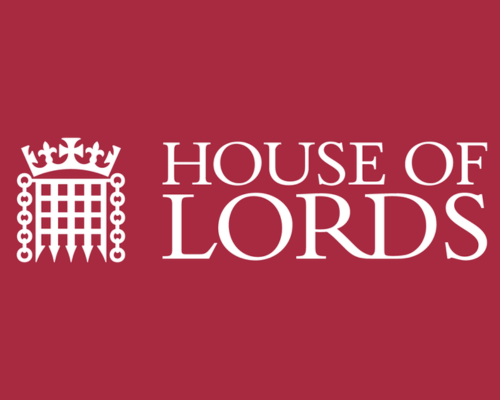The Client
Applicants to the House of Lords
It is always a privilege to work with clients applying to join the House of Lords. While the reputation of the Lords has risked being tarnished by the friends and allies appointed by some Prime Ministers with controversial Resignation Honours Lists, the House, in fact, does phenomenal work – thanks in huge part to its crossbench members.




